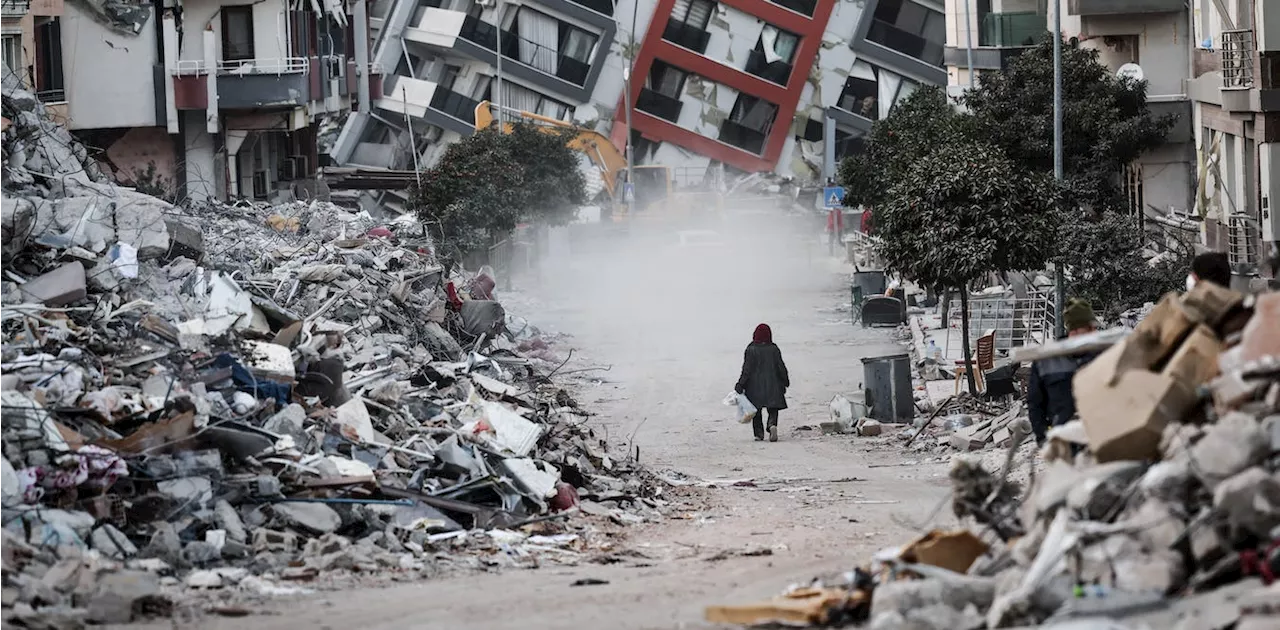It has been one year since Turkey’s deadly earthquakes – the road ahead remains daunting.
In the early hours of February 6 2023, the south-eastern region of Turkey was rocked by a series of powerful earthquakes. One year on, large parts of Hatay, the worst-affected province, remain in ruins. In a vlog from Hatay on January 24, journalist Cüneyt Özdemir remarked: “The city is like a construction site mostly under rubble.”
One year on, the region’s economy and society remain shaken. The devastation has exposed deep societal scars, and the task of rebuilding is still immense. The Turkish government has recently launched a programme to help people return to employment in the region. But labour unions view this as a way of providing cheap labour to employers, and have asked the government to focus more on satisfying the urgent needs of workers, such as housing.
The earthquakes also had a profound impact on education in the region. Damage to schools and other educational facilities disrupted the in-class teaching of around 7 million students. The government’s response to the disaster has, for example, largely failed women and girls. Following the quakes, women and girls have faced heightened care and domestic work responsibilities, health challenges , and an increased susceptibility to violence.
Read more: In Turkey, women are feeling the worst aftershocks of the earthquake disaster – this disparity may lead to dwindling trust in government
